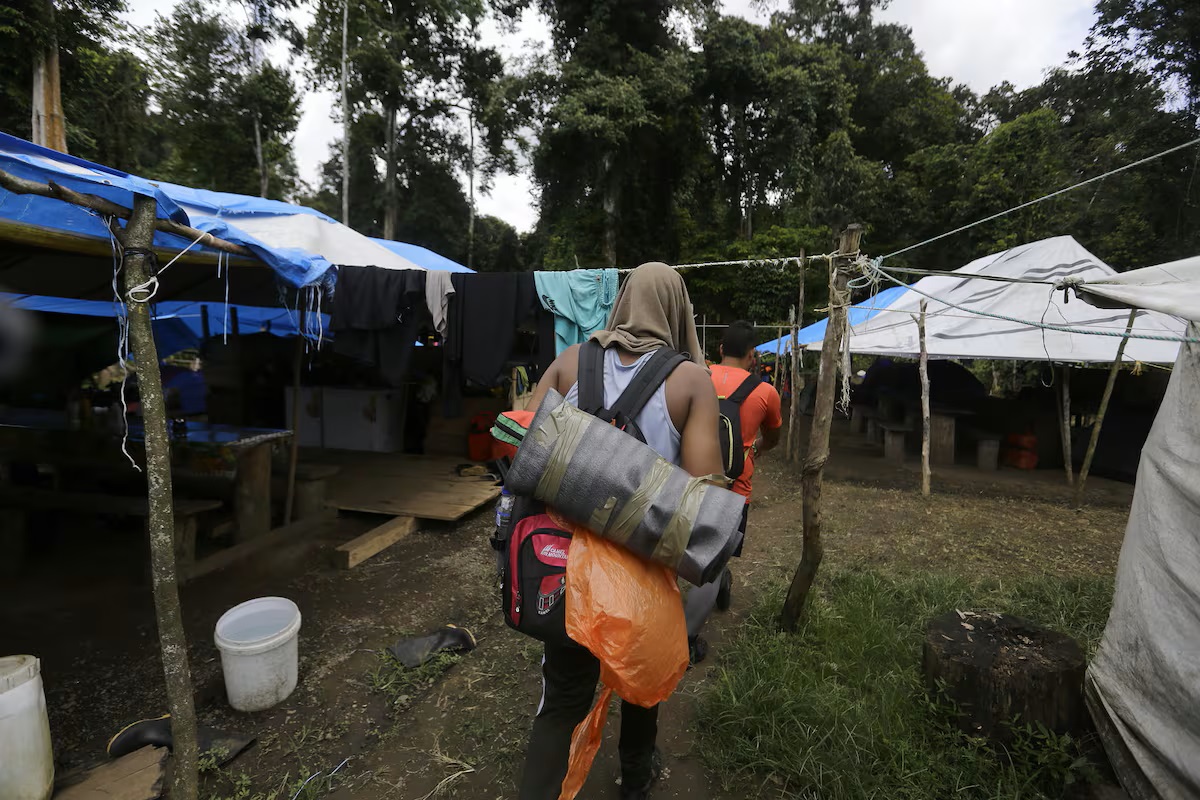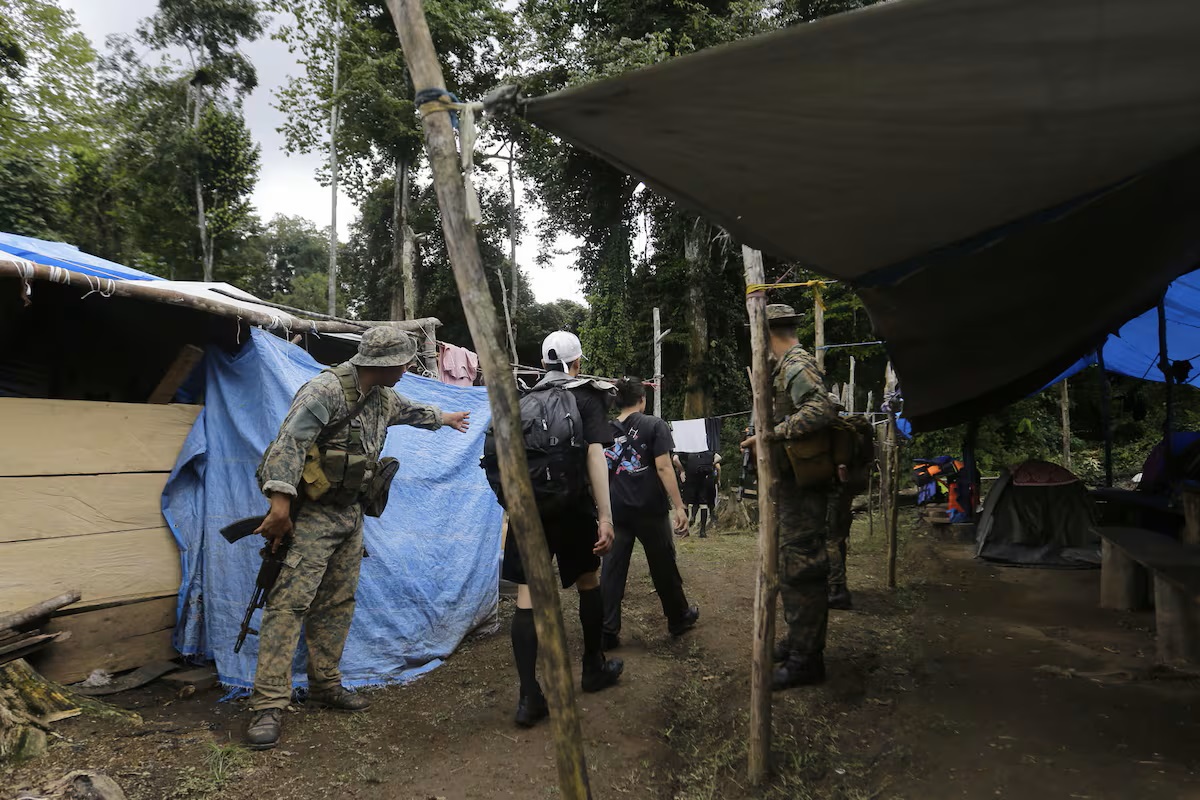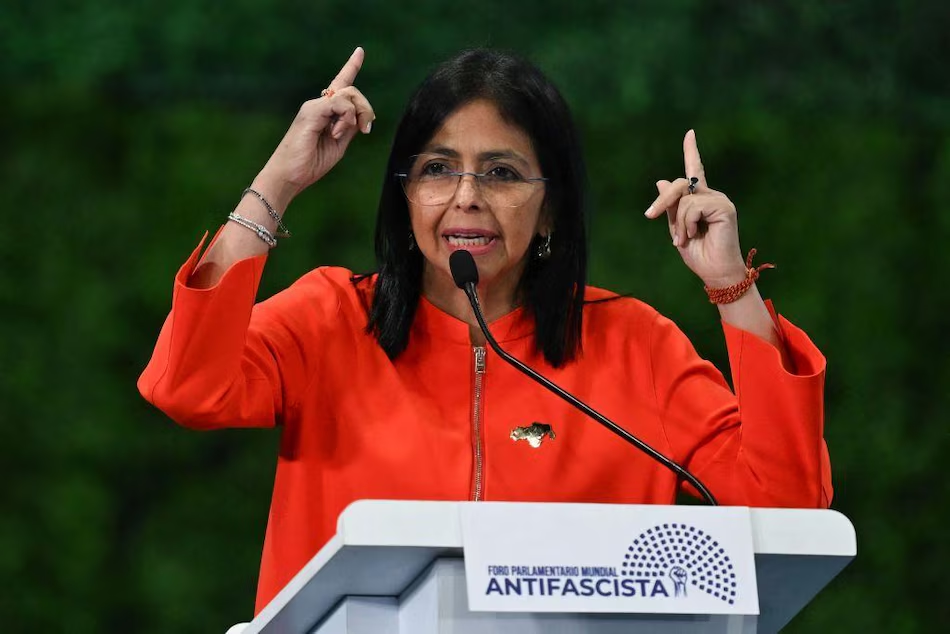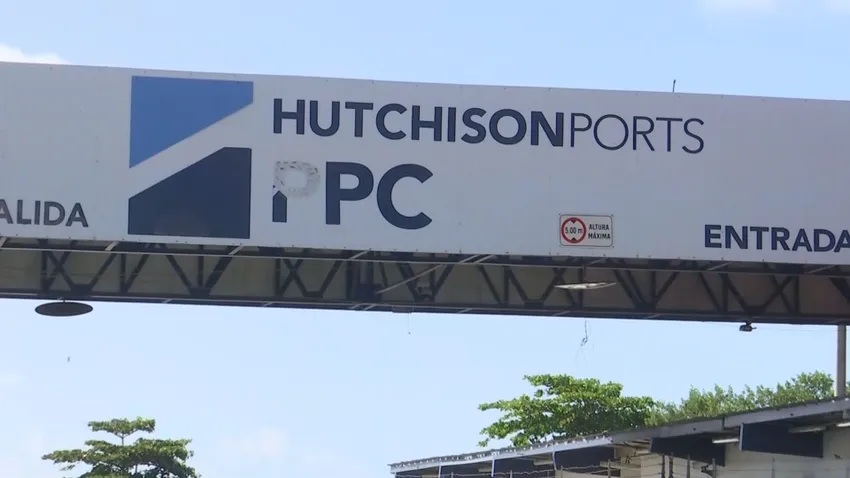Emberá Wounaan Region Reject Accusations Regarding Formation of Clandestine Camps

Representatives of the Emberá Wounaan region rejected Thursday September 5, the accusations made by the National Border Service (Senafront) officers regarding the formation of clandestine camps to negotiate the needs of migrants entering Panama through the border with Colombia in Darién. The general chief of the Emberá region, Leonides Cunampia, said in an interview that the authorities of the National Migration Service of the government of Laurentino Cortizo, that is, the former director, Samira Gozaine, had full knowledge of the activities of these camps, which he described as aid centers for migrants. “That camp was not clandestine; it is an aid center. Those from the previous government were fully aware of it,” said Leonides Cunampia, indicating that there are two camps that exist in the area. “There is no charge there, only the water service provided,” said Cunampia, noting that they provide help with food, accommodation and access to health products. He said that in that specific camp, assistance and help is provided to migrants. “Panama should be grateful to the indigenous peoples, as we provide first aid and have prevented some deaths,” said the chief. On August 31, Jorge Gobea, director of Senafront , announced the discovery of the camp they described as clandestine, located between the Tacartí and Membrillo rivers, in the sector known as Dos Bocas, in the province of the Darién.

At that time, they indicated that it was a camp where migrants were guided by the so-called ‘coyotes’ who market migration routes. Senafront later reported that the case has been passed on to the Public Prosecutor’s Office and the order to dismantle and evacuate the camp was expected. Cunampia admitted that there are bad people in the mountains who take advantage of migrants, but he assured that in that camp they do not negotiate with people. Hector Huertas, a lawyer for the Comarca, said that both the mayor of the Comarca and the governor requested that the Immigration authorities establish these aid stations for migrants between 2022 and 2023. “We believe that the State must assume its responsibility and hold meetings in coordination with the Emberá and have a more humane approach and treatment regarding the issue of migrants, because it is also beyond the actions of both the Government and the indigenous people,” said Huertas. He said it cannot be ignored that there are some individuals involved in human trafficking operating in the area. “There are individuals, and we cannot hide the truth, who are involved in international trafficking, but we are not talking about those people, but about the communities that require help and understanding from the state authorities,” said Huertas.





